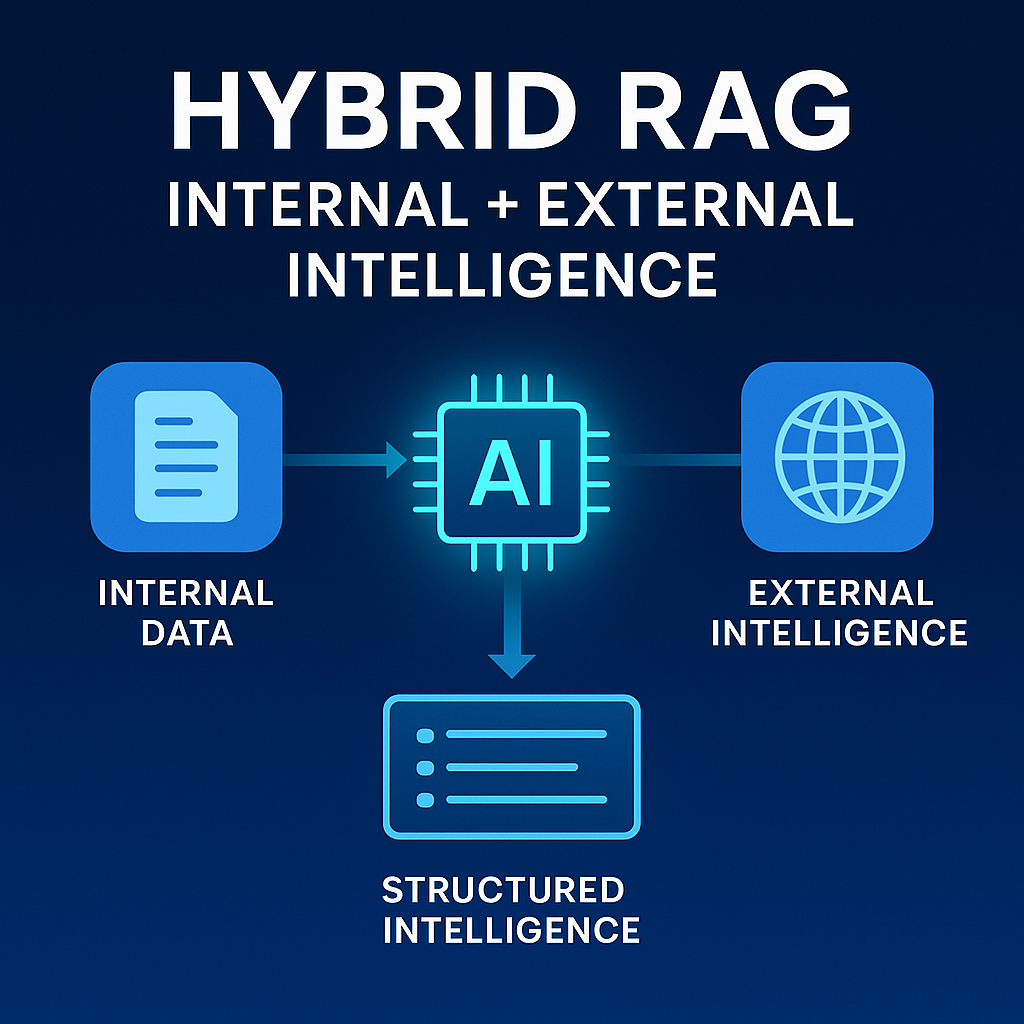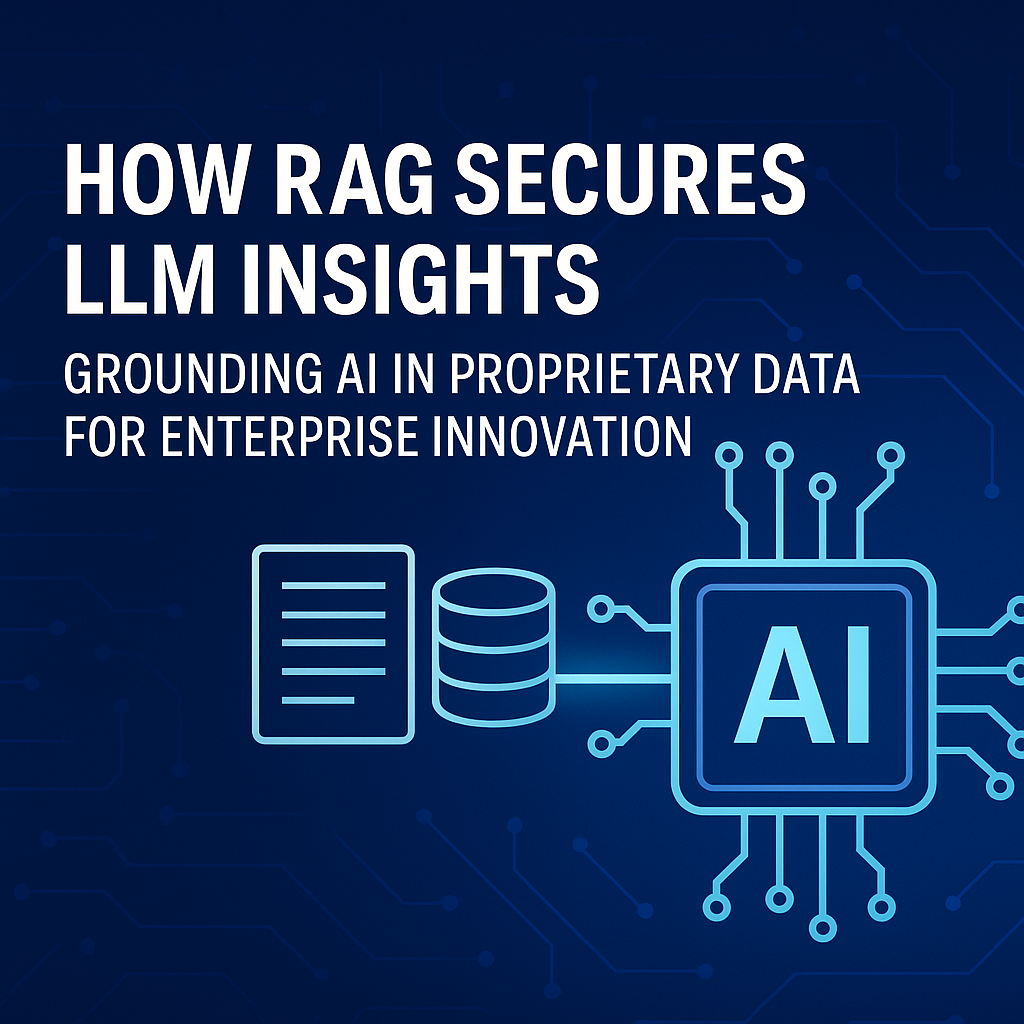As we celebrate Earth Day 2023, it is important to recognize the growing need to take action against climate change. The last few years have seen a surge in interest and investment in advanced technologies such as artificial intelligence (AI), which hold the potential to help us address this pressing issue. Today we will discuss ten of the most promising technologies that can play a crucial role in combating climate change.
AI-Driven Climate Modeling
Accurate climate models are essential for understanding the potential impacts of climate change and informing policy decisions. AI can process vast amounts of data and develop predictive models much more efficiently than traditional methods, helping scientists to better understand the complex interactions between various environmental factors. With AI-driven climate models, researchers can explore multiple scenarios and identify the most effective mitigation strategies.
Precision Agriculture
Precision agriculture, also known as smart farming, leverages advanced technologies such as AI, robotics, and the Internet of Things (IoT) to optimize agricultural practices. These technologies can help farmers monitor soil health, manage water use, and optimize fertilizer application, leading to higher crop yields and reduced environmental impact. Additionally, AI can analyze satellite imagery to monitor crop growth, allowing for more informed decisions about resource allocation.
Energy Grid Optimization
AI can help optimize energy grid operations by predicting energy demand, managing energy storage, and integrating renewable energy sources. By analyzing historical and real-time data, AI algorithms can anticipate fluctuations in energy demand and adjust supply accordingly, reducing the need for inefficient and polluting peaker plants. AI can also help utilities identify potential issues in the grid before they become critical, reducing the risk of outages and improving overall efficiency.
Carbon Capture and Storage (CCS)
Carbon capture and storage (CCS) involves capturing carbon dioxide (CO2) emissions from power plants and industrial sources and storing them underground to prevent their release into the atmosphere. AI can improve the efficiency of CCS technologies by optimizing the capture process, reducing the energy required, and identifying the most suitable storage sites. Additionally, AI can help monitor storage sites for potential leaks, ensuring the long-term effectiveness of CCS.
Early Warning Systems for Natural Disasters
Climate change is expected to increase the frequency and intensity of natural disasters such as hurricanes, floods, and wildfires. AI can analyze vast amounts of data from satellite imagery, weather forecasts, and historical records to predict and monitor natural disasters more accurately. By providing early warning systems, AI can help governments and communities prepare for and mitigate the impacts of these events, reducing loss of life and property damage.
Climate-Resilient Infrastructure
AI can help design more climate-resilient infrastructure by analyzing the potential impacts of climate change on buildings, roads, and other critical infrastructure. This information can be used to inform the development of building codes and infrastructure planning, ensuring that future construction projects are better prepared for the challenges posed by a changing climate. Additionally, AI can help identify vulnerable infrastructure that may require retrofitting or relocation.
Smart Transportation Systems
AI-powered transportation systems can reduce greenhouse gas emissions by optimizing traffic flow, enabling more efficient use of public transportation, and promoting the adoption of electric vehicles (EVs). AI can analyze traffic patterns and recommend adjustments to traffic signals, reducing congestion and improving overall fuel efficiency. Furthermore, AI can help manage EV charging infrastructure, ensuring that charging stations are optimally placed and used efficiently.
Remote Sensing for Environmental Monitoring
Remote sensing technologies, such as satellites and drones, can collect vast amounts of data on the Earth's environment. AI can analyze this data to monitor deforestation, track the health of coral reefs, and assess the impacts of climate change on ecosystems. This information can inform conservation efforts, helping policymakers and organizations prioritize their actions and allocate resources effectively. By providing a more comprehensive understanding of the state of the environment, AI-powered remote sensing can play a critical role in preserving biodiversity and addressing the consequences of climate change.
Sustainable Supply Chain Management
Supply chains are responsible for a significant portion of global greenhouse gas emissions. AI can help companies monitor and optimize their supply chains, reducing waste, improving energy efficiency, and promoting sustainable practices. By analyzing data from suppliers, transportation, and manufacturing processes, AI can identify inefficiencies and recommend improvements that lead to reduced emissions and resource use. Furthermore, AI can help track and verify the sustainability of products, promoting transparency and accountability in the marketplace.
AI-Powered Climate Policy Development
Finally, AI can support the development of effective climate policies by analyzing the potential impacts of various mitigation strategies and offering insights into their effectiveness. By simulating the outcomes of different policy options, AI can help policymakers identify the most promising solutions and prioritize their implementation. This can lead to more targeted and effective climate policies, accelerating global efforts to address climate change.
As we celebrate Earth Day 2023, it is crucial to recognize the potential of advanced technologies, such as AI, to help address the pressing issue of climate change. From AI-driven climate modeling to sustainable supply chain management, these technologies can revolutionize our approach to combating climate change and help secure a sustainable future for our planet. It is essential that we continue to invest in research and development, as well as the widespread adoption of these technologies, to ensure that we can effectively mitigate the impacts of climate change and protect our Earth for future generations.
More on future AI trends and predictions in this Traction Report.
Top 20 Emerging Technologies That Could Transform Your Industry
About Us
Traction Technology is helping our clients transition to net zero through our ESG practice.
We built Traction Technology to meet the needs of the most demanding customers, empowering individuals and teams to accelerate and help automate the discovery and evaluation of emerging technologies. Traction Technology speeds up the time to innovation at large enterprises, saving valuable time and money by accelerating revenue-producing digital transformation projects and reducing the strain on internal resources while significantly mitigating the risk inherent in working with early-stage technologies.
Let us share some case studies and see if there is a fit based on your needs.
For more information
● Explore our software and research services.
● Download our brochure: How to Evaluate Enterprise Startups.
● Watch a demo of our innovation management platform and start your free trial.








.webp)